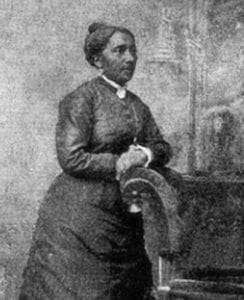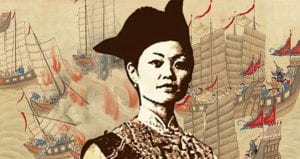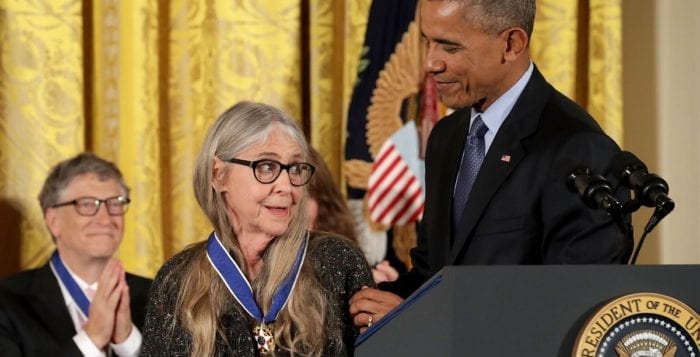Editorial: Celebrating women
March is Women’s History Month, a time to honor the feminine icons who have left their mark on the world. However, when it comes to learning about accomplished women, in many ways, people need to educate themselves.

A recent article from the Smithsonian Magazine cited a report from the virtual National Women’s History Museum released in 2017 titled “Where Are the Women?” The study examined the status of women’s history in state-level social studies standards seen in the K-12 curriculum and found only 178 women. This find was compared to 559 men found in the same scholastic standards.
Fortunately, while school systems catch up with including the countless impressive women in history missing in their curricula, many libraries and museums offer programs dedicated to Women’s History Month offering information about the lives of so many amazing and impactful women who may not be included in a high school textbook.
Of course, there are options to increase your knowledge, such as digging a little deeper on the library shelves or the internet to find out information beyond the frequently told stories of abolitionist Harriet Beecher Stowe, suffragist Elizabeth Cady Stanton, civil rights activist Rosa Parks or 2016 presidential candidate Hillary Clinton. Those women are out there and are not as hidden as one may think.
We’ve come up with just a few powerful women who may not be referenced enough, or not at all, in the history books.

Elizabeth Jennings Graham was an African-American teacher who in 1854, when Manhattan streetcars were mostly segregated, fought for the right to ride in any car. She won her case in New York courts in 1855, and by 1865 all New York City transit systems were desegregated.
Margaret Hamilton was the lead software engineer for NASA’s Apollo program. Along with her team, she wrote the code algorithms for the spacecraft’s in-flight software. Apollo 11 went on to become the first mission to successfully land humans on the moon.
Sonia Maria Sotomayor, born in the Bronx, become the first Latina and Hispanic justice in the Supreme Court of the U.S. when President Barack Obama (D) appointed her to associate justice in 2009.

Digging even further into history and across the sea, there is Ching Shih, a female pirate leader, who lived in the late 1700s to early 1800s. History has remembered Shih as a fierce warrior who commanded more than 300 Chinese sailing ships, defeating Qing dynasty Chinese officials and Portuguese and British bounty hunters. She was so successful she managed to force the Chinese government to grant her a pardon. Unlike the careers of other famous pirates in the Caribbean, she died peacefully in her bed.
Stories like these and others of women’s impact on the world and our everyday lives are out there waiting to be discovered. We encourage our readers to go out and find those stories or perhaps even make history themselves.







